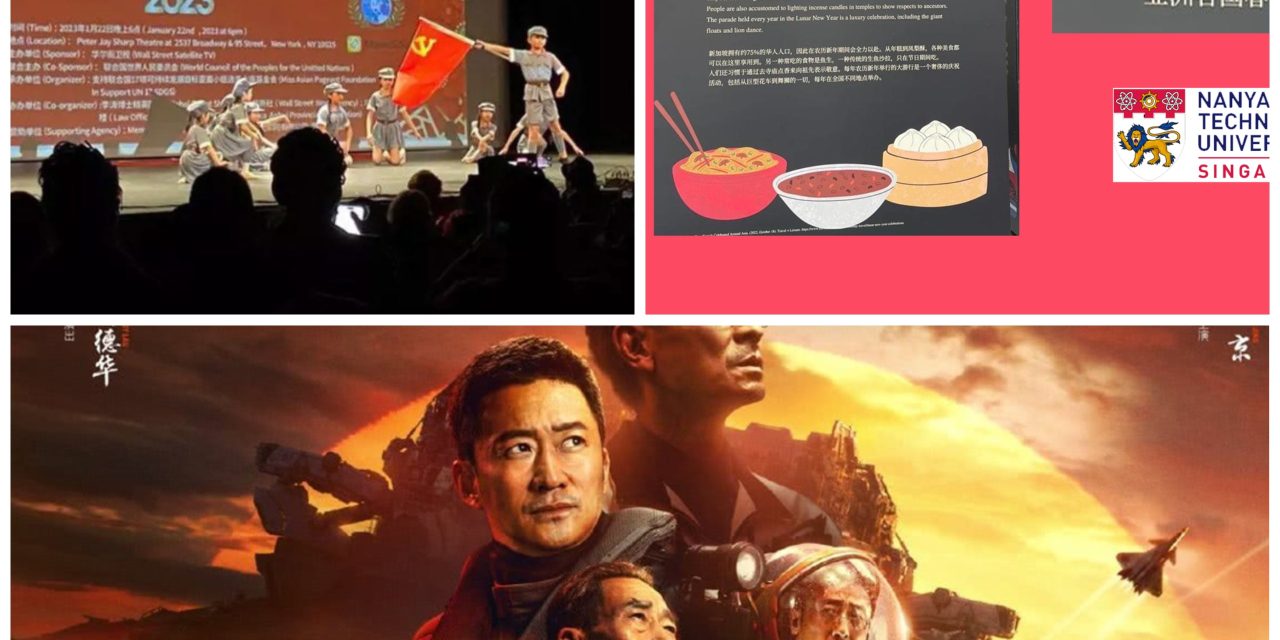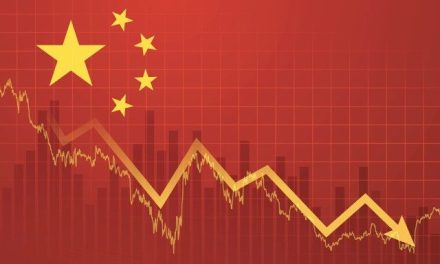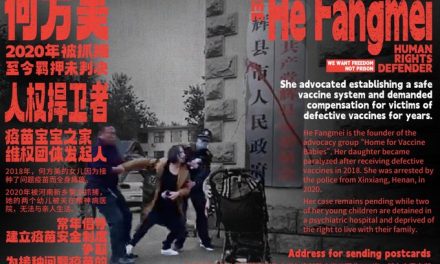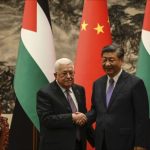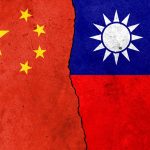1. Lunar New Year or Chinese New Year?
Out of dissatisfaction with countries around the world calling the Spring Festival “Lunar New Year” instead of “Chinese New Year,” Chinese living overseas launched a series of counterattacks this week.
Nanyang Technological University in Singapore recently put up a number of posters introducing “New Year customs in Asian countries” on its campus, hoping to celebrate the New Year with students, but the posters were changed without authorization by Chinese students at the school because of their dissatisfaction with the use of “Lunar New Year” and not “Chinese New Year”.
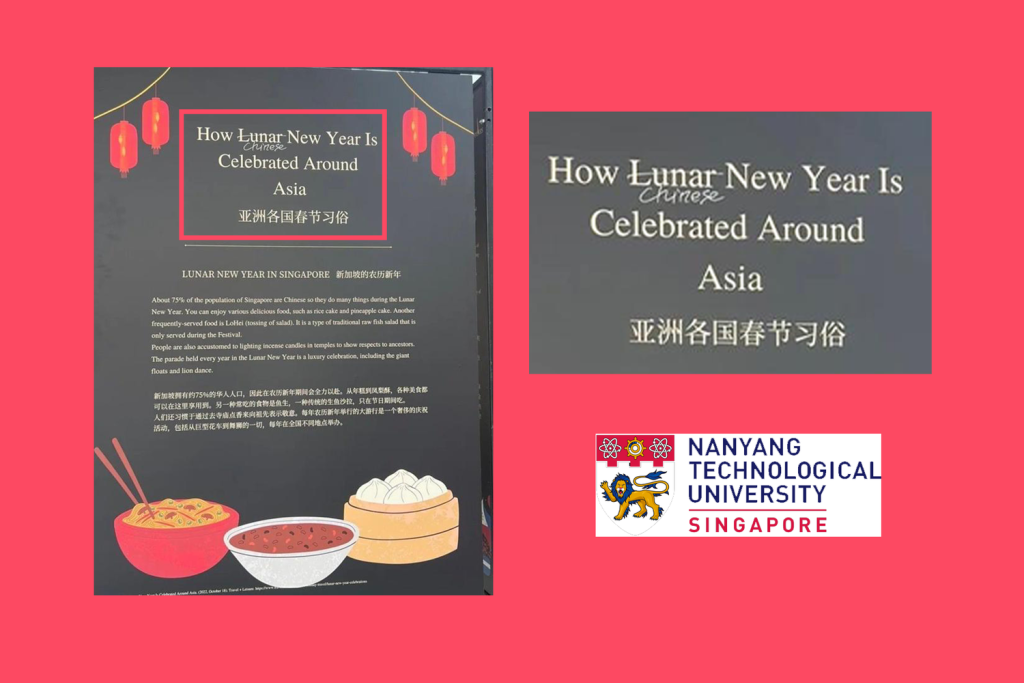
And the British Museum recently held an event to celebrate the ”Korean Lunar New Year,” and the title was criticized by Chinese netizens who charged that “The museum does not understand history” and “Korea stole the concept of the Chinese Lunar New Year.” Local patriotic pinks [ultra-nationalist Chinese youth] in London organized a number of Chinese students wearing Hanfu [clothing worn by Chinese before the Manchu conquest in 1644] to appear at the British Museum on January 20th to explain their version of the history of the Spring Festival to museum visitors, hoping to prove that the Lunar New Year should be called Chinese New Year.
Meanwhile, in New York, a ‘netizen’ named “Beijing Girl” said she saw a sign with “Lunar New Year” on it in a local shopping mall, tore it up in a rage, and expressed anger that she was taken to the police station by the New York City Police Department on charges of vandalism of public facilities.
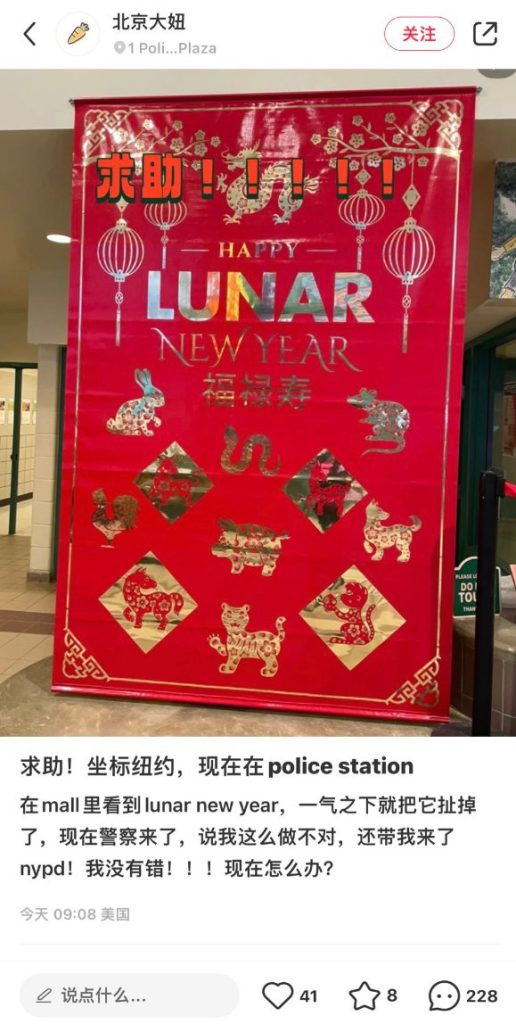
Asian countries such as Singapore, Vietnam, South Korea, and Malaysia also celebrate the Lunar New Year. Why must this festival be termed Chinese New Year?
2.”My Chinese Heart” Chinese-diaspora spring-festival gala
On January 22, 2023, Wall Street Satellite TV (an overseas Chinese group based in New York’s Chinatown) held the “My Chinese Heart” Spring Festival Gala at a Broadway musical theater in New York. The theater was fully occupied by 350 actors and an audience of more than 800. The children and grandchildren of Chinese currently living in New York wore Red Army uniforms as they performed “Sparkling Red Star” [a well-known song from a Cultural Revolution-era film of the same name].
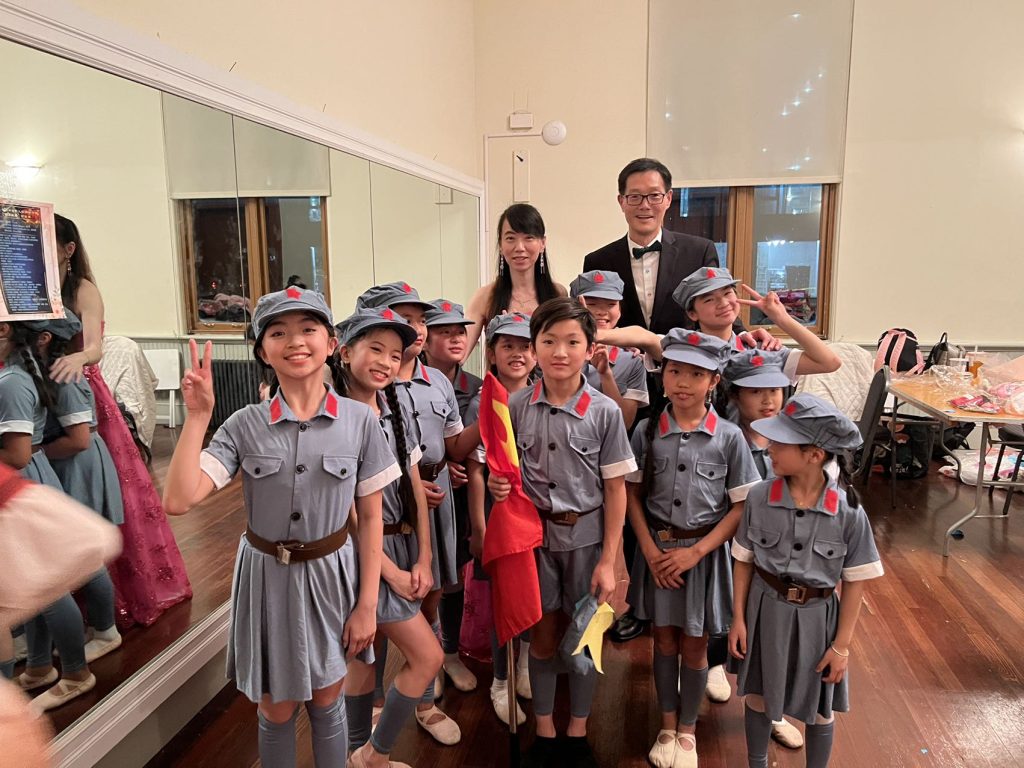
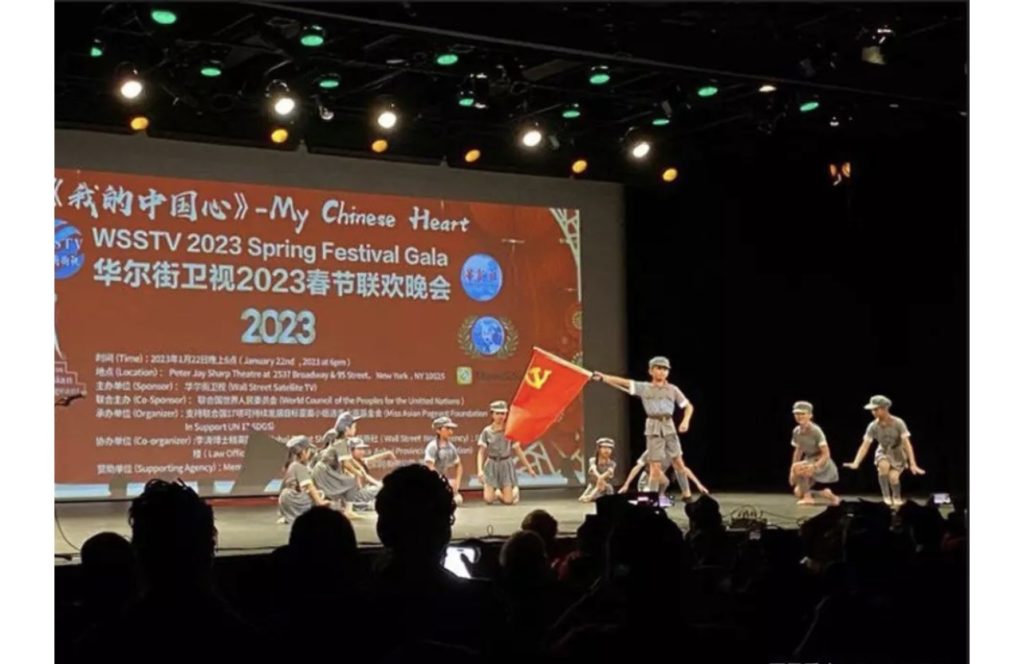
The Spring Festival Gala has always been one of the most popular collective activities of overseas Chinese, and it is also the best occasion for Chinese embassies and consulates to launch United Front [referring to organizations nominally independent of the CCP both inside and outside the country who promote the Party’s various interests] activities around the world. At this time of year the CCP can, first, gather overseas Chinese together and enhance their patriotism toward their motherland. Second, through performing traditional cultural programs and building connections with local political leaders, it is a chance for it to spread more lighthearted propaganda to the outside world. Overseas Chinese NGOs usually encounter the predicament of loose organization and insufficient funds, making it difficult to be independent. However, embassies and consulates can provide a steady stream of funding and resources to achieve United Front goals.
3.”The Wandering Earth 2,” the sequel to the 2019 Chinese film, was released this week.
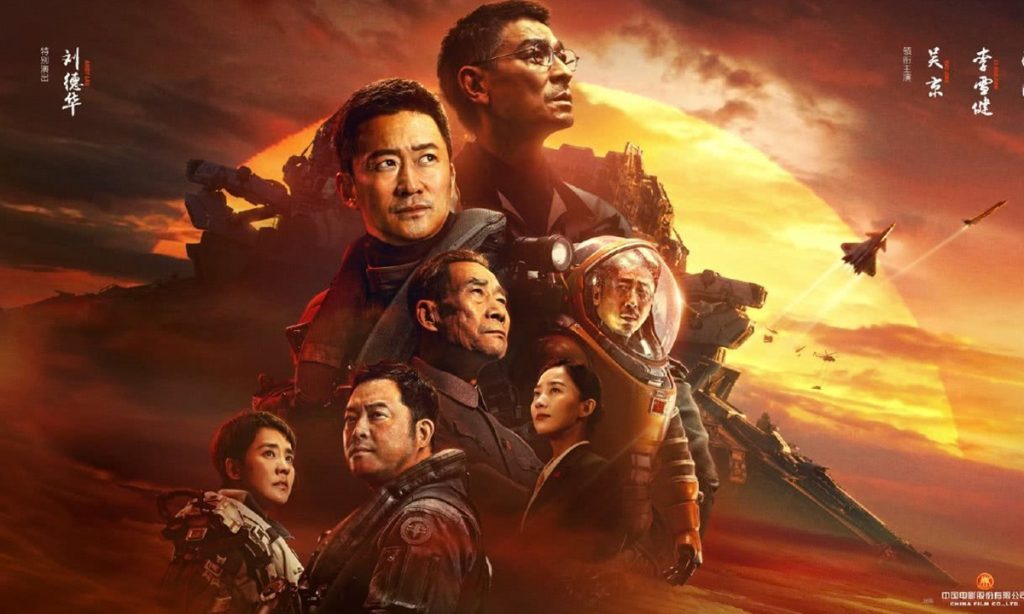
The film is adapted from the novel of the same name by Chinese writer Liu Cixin. In the movie the sun is dying, and in order to save the earth, young people stand up to engage in a life-and-death battle against the clock. When Chinese audiences see their country has produced a science-fiction film using world-class filmmaking technology in a film in which Chinese cultural values lead the world in such a feat as “saving the earth,” they feel a strong sense of national pride. In some showings, after the movie ended audience members were so excited that they shouted “Long Live China” in the theater!
But critics believe that the film reflects the currently deformed values of Chinese society, mainly focusing on these two points:
1) In order to save the planet, 3.5 billion randomly selected people must be arbitrarily sacrificed. The message is that to accomplish great things, some must pay the ultimate price even without having done anything wrong. Such an inhumane value is exactly what the CCP has been advocating for many years.
2) Survival of the fittest in a dark world is a generally accepted principle in Chinese society. It is a worldview, a value that reflects an obsolete, closed civilization. Harmful assumptions about the unfamiliar outside world come naturally, carrying with them distrust, fear and malice. This civilization chooses to kill what it does not know rather than to observe and learn from and communicate with it.

